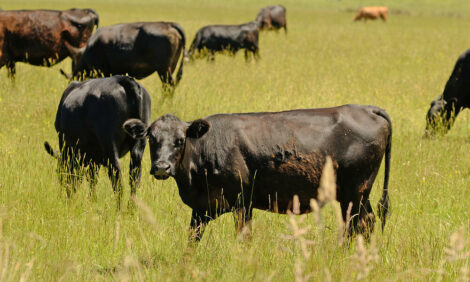



Consumers Demand Prion Tests Of US Beef
TAIWAN - The Consumers' Foundation demanded yesterday (19 January) that the government include prion tests in its inspection of US beef imports to detect any possible bovine spongiform encephalopathy (BSE) contamination of the products.The foundation and like-minded groups will jointly submit a formal proposal in this regard to the Department of Health, foundation chairman Hsieh Tien-jen told ChinaDaily .
BSE is a fatal, brain-degenerating disease in cattle. The rare disease is known as a new variant of Creutzfeldt-Jakob disease in humans. Scientists believe that it may be transmitted to human beings who eat the brains or spinal cords of infected animals.
The infectious agent in BSE is believed to be a specific type of misfolded protein called a prion. Those prion proteins carry the disease in transmission between individuals and cause deterioration of the brain.
According to Mr Tien-jen, the risk of BSE contamination in US beef imports has increased because imports of bone-in beef from cattle younger than 30 months are now allowed under the beef trade protocol signed 22 October between Taiwan and the United States.
In six months time, the two sides are expected to review the possibility of further opening Taiwan's market to boneless or bone-in beef from older cattle, which would further raise the risk of BSE contamination, he said.
TheCattleSite News Desk


